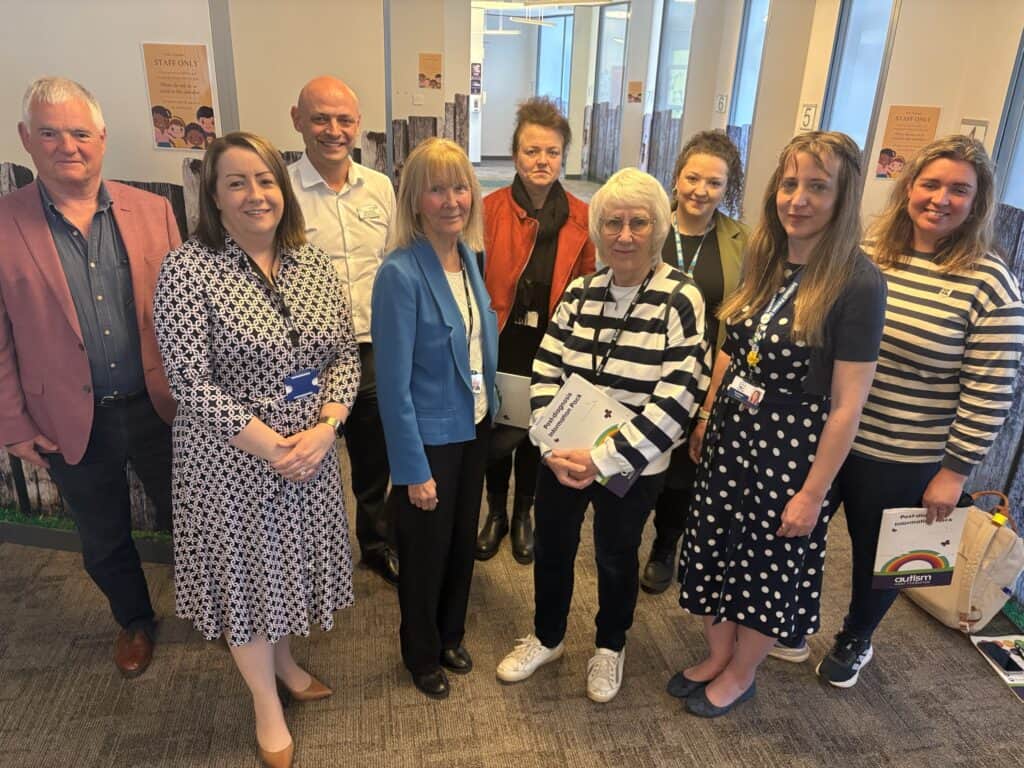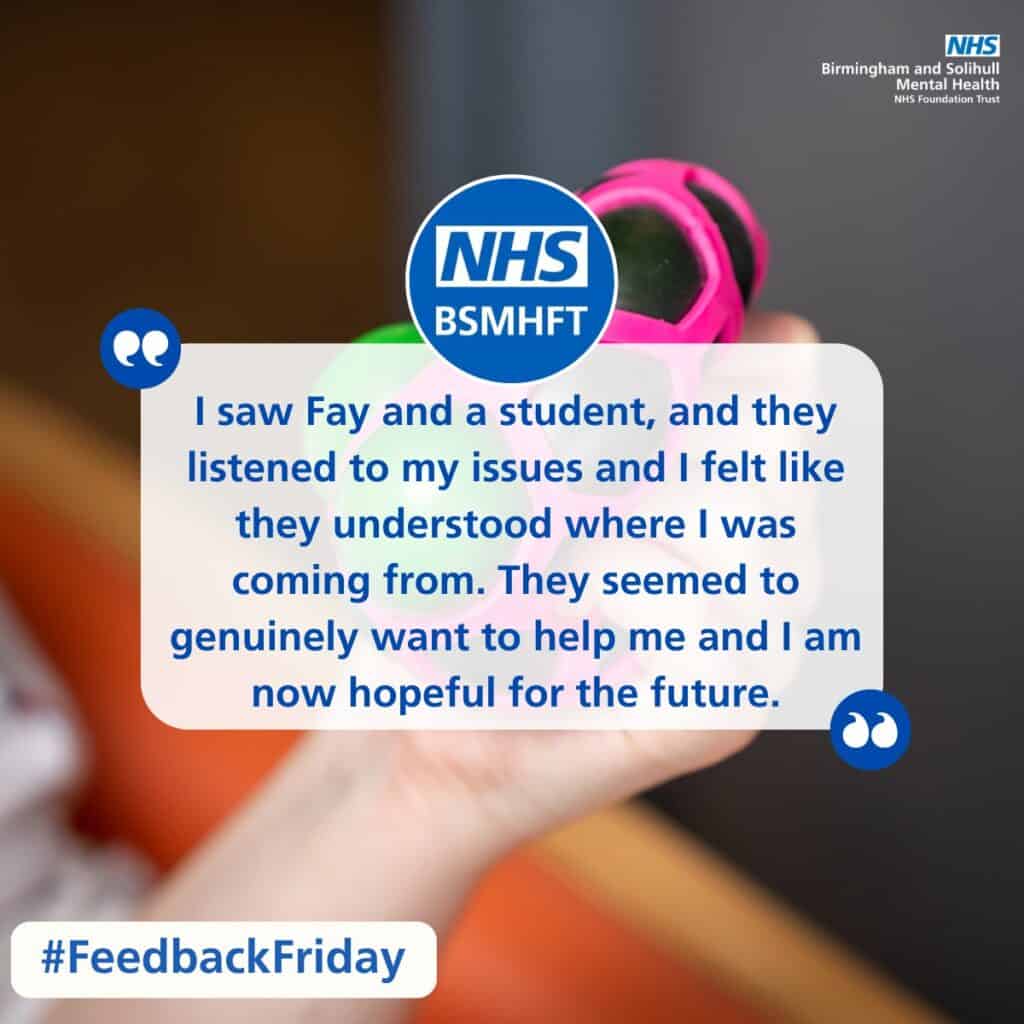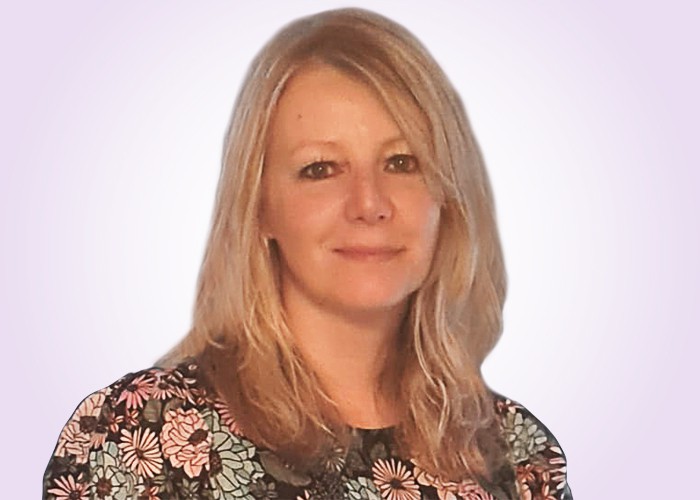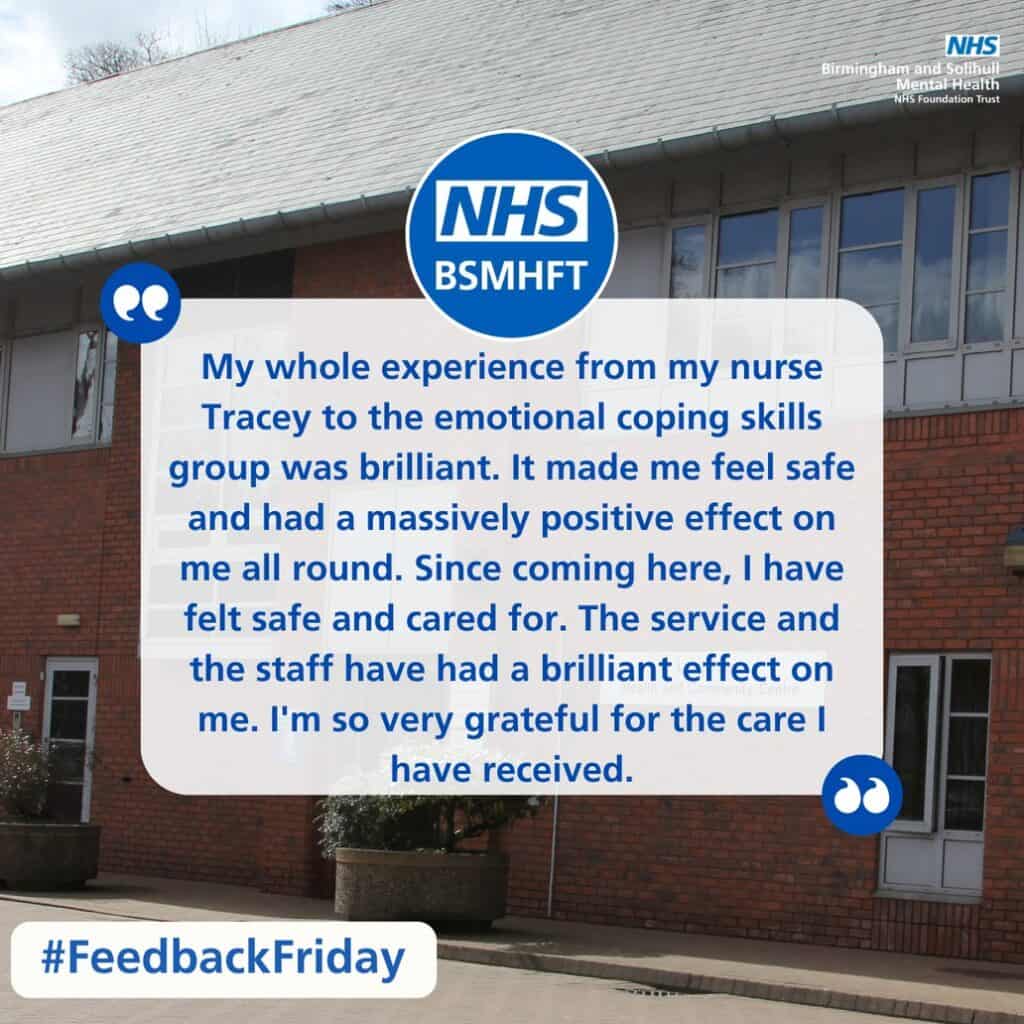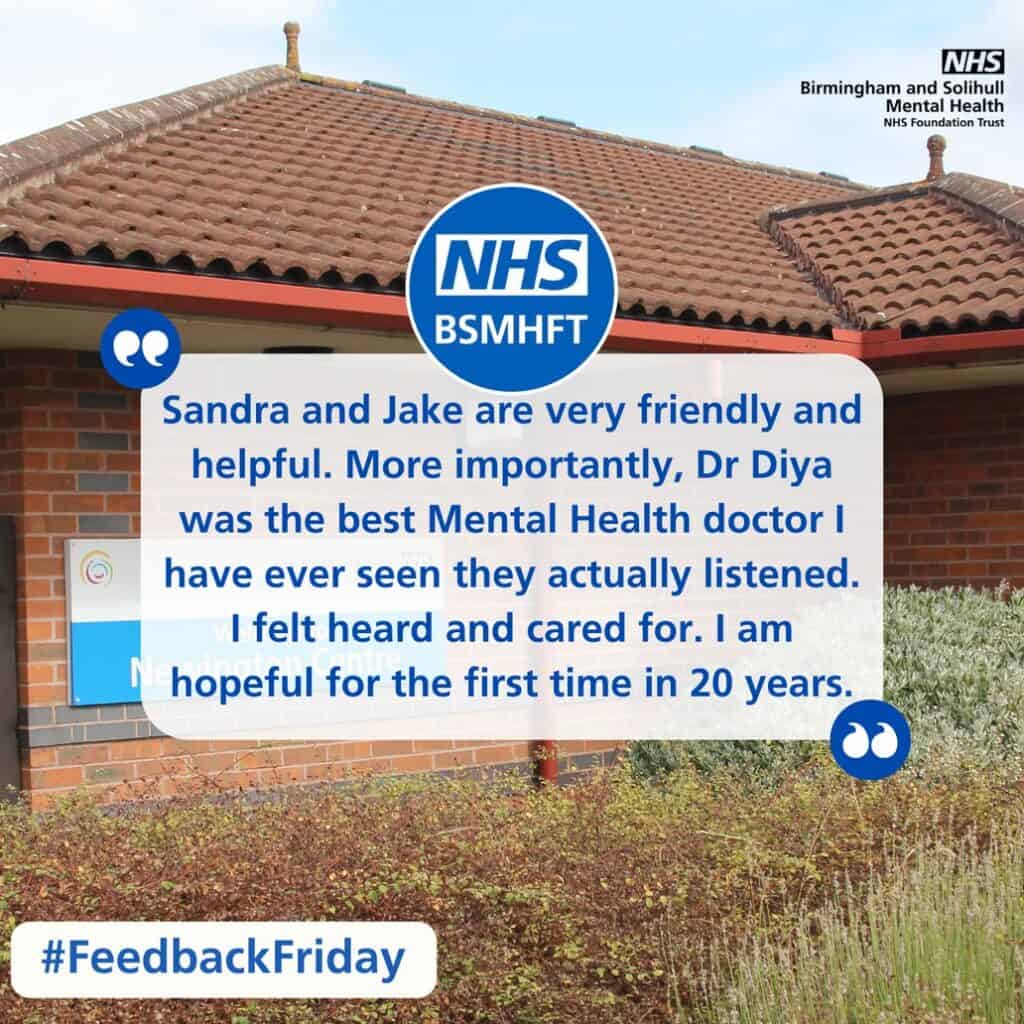Transgender Day of Remembrance (TDoR) is an annual event on 20 November that honours the memory of transgender people whose lives were lost in acts of anti-transgender violence.
Violence against the transgender community is often underreported and data about it is difficult to capture. Transgender people who are victims of violence are frequently misidentified in death by law enforcement, journalists, and even by unsupportive family members.
The following statistics only provide a snapshot of reality, with the vast majority of victims not reporting their experiences to the police.
- The increase in hate crimes against trans people rose by 11% in a year, and by 186% in the last five years.
- Hate crimes based on sexual orientation and transgender identity are the most likely to involve violence or threats of violence.
- One study in the UK found that 34.4% of trans adults had attempted suicide at least once and almost 14% of trans adults had attempted suicide more than twice. This higher risk of suicide is related to experiences of discrimination, including stigma, transphobia and bullying.
Timothy Swann-Roberts, a Practitioner Psychologist and ally to the transgender community said:
“The trans community is targeted in ways we know affect people’s psychological safety. Being objectified and villainised in media, being rejected in families, being bullied in schools and workplaces, having their rights questioned and abused, and access to things that help them live fully as the person they are. All of these situations are sadly common for trans people and are all situations that understandably cause distress.
The consequences of this can be anxiety in response to the genuine level of threat, depression based on negative self-image through the negativity others have, and trauma-related difficulties since these situations create a context where abuse, assault and sustained mistreatment are more likely.
BSMHFT is committed to inclusivity, and we therefore offer psychological support for all communities, including the trans community, supporting people with their unique needs as well as those common to every person. BSMHFT’s pledge and its policies on supporting gender diverse people are ways that commitment is put into action, and as a member of the LGBT Staff Network, others and I try to support our teams to learn how to safely and respectfully support trans people.
“In Birmingham we are in the great position of having the LGBT Centre which hosts a number of trans support groups and the Trans Tearoom, set up as a safe community space for trans and other gender diverse people.”
If you would like to learn more about the LGBTQ+ mental health support services that are available in Birmingham and Solihull, please visit our information page on our website today.





Published: 20 November 2024




